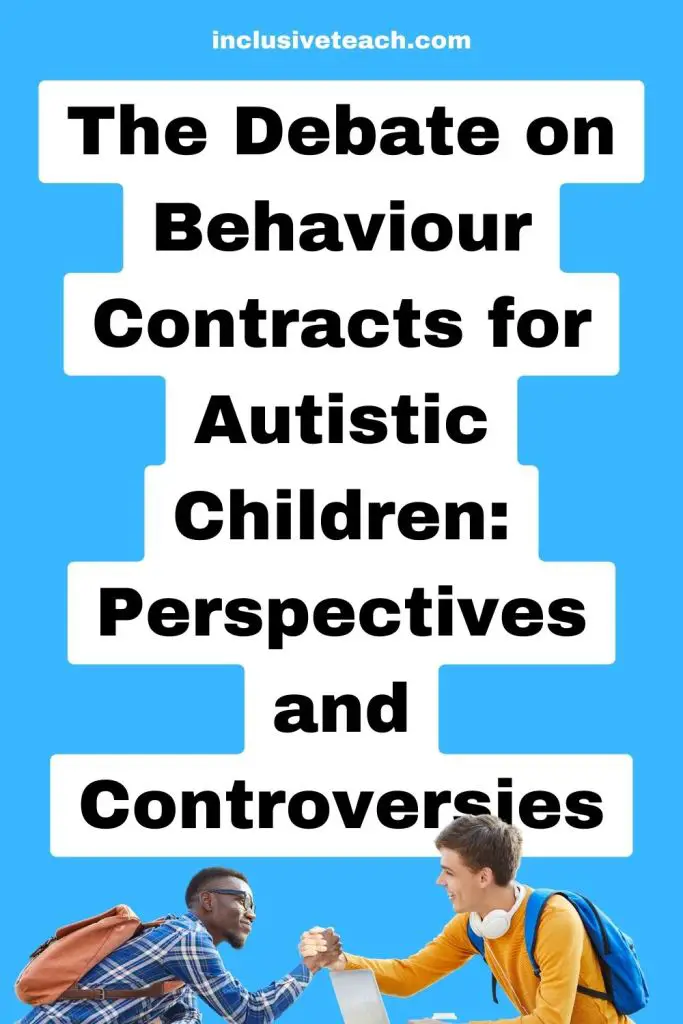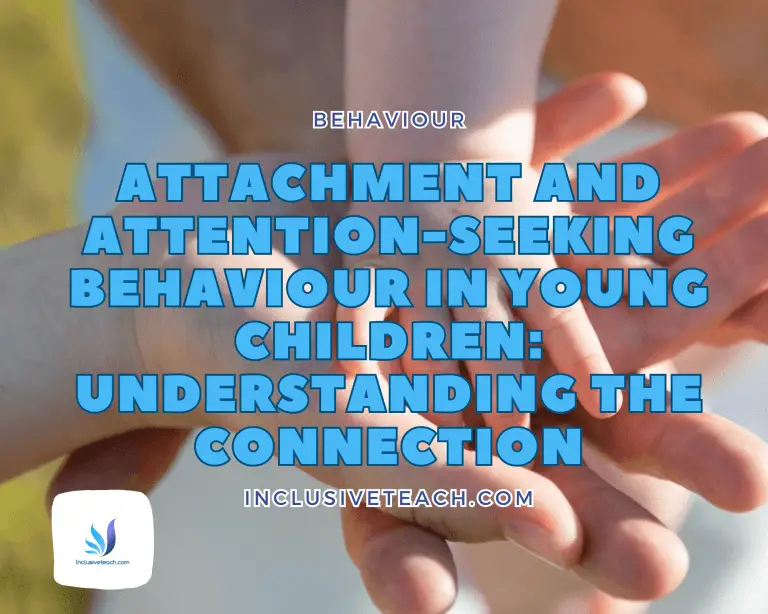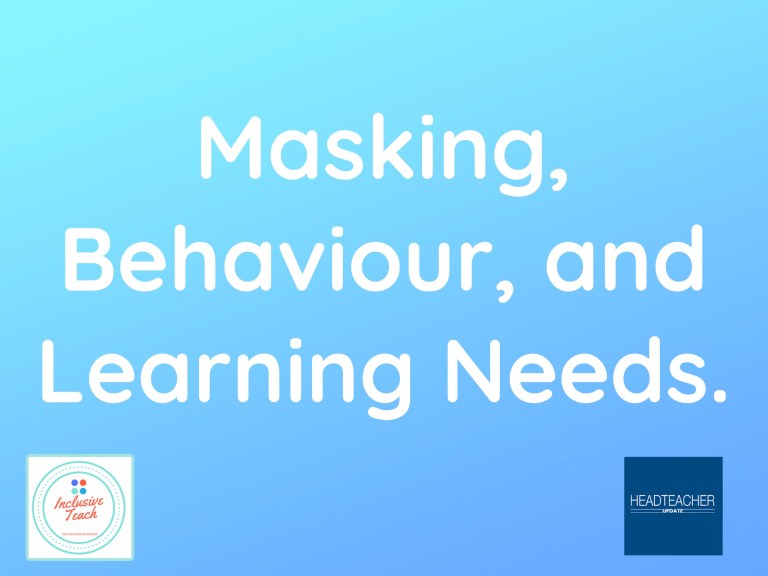Behaviour Contracts for Autistic Children
The Debate on Behaviour Contracts for Autistic Children: Perspectives and Controversies
Introduction
Behaviour contracts are widely used in various educational and therapeutic settings to address challenging behaviours and promote positive change. When it comes to autistic children, the use of behaviour contracts has sparked both support and criticism. In this debate, we’ll explore different opinions on behaviour contracts for autistic children, considering their benefits, drawbacks, and ethical implications.
Navigating Behavior Contracts for Our Autistic Children
I am not neutral on this topic, as a parent of an autistic child, my heart sways between hope that these are done for the right reasons and will be effective and uncertainty that they will be harmful or ineffective. Each day, I witness the unique brilliance that lights up my child’s eyes—the way they see the world, the unfiltered honesty and the resilience that carries them through both triumphs and challenges. But alongside these moments of joy, there are struggles—times when meltdowns overwhelm, communication falters, and behaviours are displayed.
Behaviour contracts—those seemingly innocuous agreements—enter our lives like unexpected guests. They promise structure, predictability, and a roadmap to smoother days. And yet, as I read that contract in my hands, I grapple with emotions. Is this the right path? Will it nurture my child’s spirit or inadvertently clip their wings? This all depends on whether my child would realistically have control over their reaction to situations. Does it punish impulse control issues that they are still developing the skills to manage themselves?
The Behaviour Contract Debate
On one side, I see the potential benefits—the clarity, the reinforcement, the hope for progress. Behaviour contracts promise consistency, a lifeline in what can be chaotic and unpredictable situations. They suggest, “We can shape behaviour, guide growth, and ease the daily challenges.”
But on the other side, doubts linger. I remember my child’s quirks—the way they flap their hands when excited, the joy they find in spinning objects, and especially the need for solitude when sensory overload strikes. Will the contract honour their uniqueness or attempt (and probably fail) to mould them into conformity? Can it embrace their neurodiversity while nudging them toward growth?

Proponents’ Viewpoints
1. Evidence-Based Approach
- Argument: Behaviour contracts, when implemented correctly, can be effective tools for behaviour modification.
- Supporting Evidence: Research studies have shown positive outcomes when behaviour contracts are used in Applied Behavior Analysis (ABA) therapy (Which is a whole other discussion). They provide structure, clear expectations, and reinforcement strategies.
- Benefit: Behaviour contracts help set specific goals, encourage skill development, and reduce challenging behaviours. They remind supporting adults what is expected and being worked on.
2. Individualised Support
- Argument: Behavior contracts can be tailored to meet the unique needs of each autistic child.
- Supporting Evidence: Personalised contracts consider the child’s preferences, reinforcement preferences, and specific behaviours to be addressed.
- Benefit: Individualisation increases the likelihood of success and ensures a child-centred approach.
3. Parent Involvement
- Argument: Behavior contracts involve parents in the process, leading to co-production, collaboration and consistency.
- Supporting Evidence: Parents play a crucial role in reinforcing and teaching desired behaviours at home.
- Benefit: Behavior contracts strengthen the home-school connection and create a unified approach.
Critics’ Perspectives
1. Autonomy and Acceptance
- Argument: Some autism advocates oppose behaviour contracts, viewing them as attempts to “fix” autistic individuals rather than accepting neurodiversity.
- Concern: Contracts may prioritise compliance over autonomy and unique abilities, this can lead to masking and mental health problems.
- Ethical Question: Are we promoting acceptance or expecting conformity?
2. Generalisation Challenges
- Argument: Autistic children may struggle to generalize what they’ve learned from the contract to different contexts.
- Challenge: While they may follow the contract in one setting, applying the same behaviour in other situations can be difficult.
- Risk: Overreliance on the contract may hinder flexible behaviour that would be a natural or appropriate response to certain situations.
3. Potential for Harm
- Argument: Behavior contracts can inadvertently reinforce undesirable behaviours.
- Concern: Children may focus solely on earning rewards rather than internalising positive behaviours and intrinsic motivation.
- Ethical Dilemma: Are we inadvertently promoting extrinsic motivation over intrinsic growth?
Consider All Perspectives
As parents, educators, and advocates, we need to consider the other ways we can support our child’s wellbeing and teach them the skills needed to recognise their emotional state and what they need at that time. We also need to consider carefully how and when we set these expectations.
- The Child’s Voice: What does my child need? What soothes their anxiety and ignites their curiosity? Let’s listen, truly listen, to their cues.
- The Research: Evidence points both ways—success stories and cautionary tales. Behaviour contracts can be powerful allies, but they can also misstep. Let’s weigh the evidence thoughtfully.
- Autonomy and Acceptance: Can we honour our child’s autonomy while guiding them? Can we celebrate their neurodiversity without imposing uniformity?
- The Ethical Compass: Are we nurturing growth or stifling authenticity? Let’s navigate with compassion and ethics.
Concluding Thoughts on The Use of Behaviour Contracts
Parents, educators, and advocates need to consider the nuances. Before we sign that contract, pause and ask: Does it honour our child’s spirit? Does it celebrate their journey? And can we find the balance—the sweet spot where structure meets acceptance? We must advocate for their needs, and tread the path with an open mind. In this shared journey, we discover not just solutions but the very essence of love.
The debate on behaviour contracts for autistic children is multifaceted. While proponents emphasize evidence-based practices and individualized support, critics raise concerns about autonomy, generalization, and unintended consequences. Striking a balance between behaviour management and respecting neurodiversity remains a challenge. As educators, parents, and professionals, we must weigh the benefits and drawbacks carefully, always keeping the child’s well-being at the forefront.






